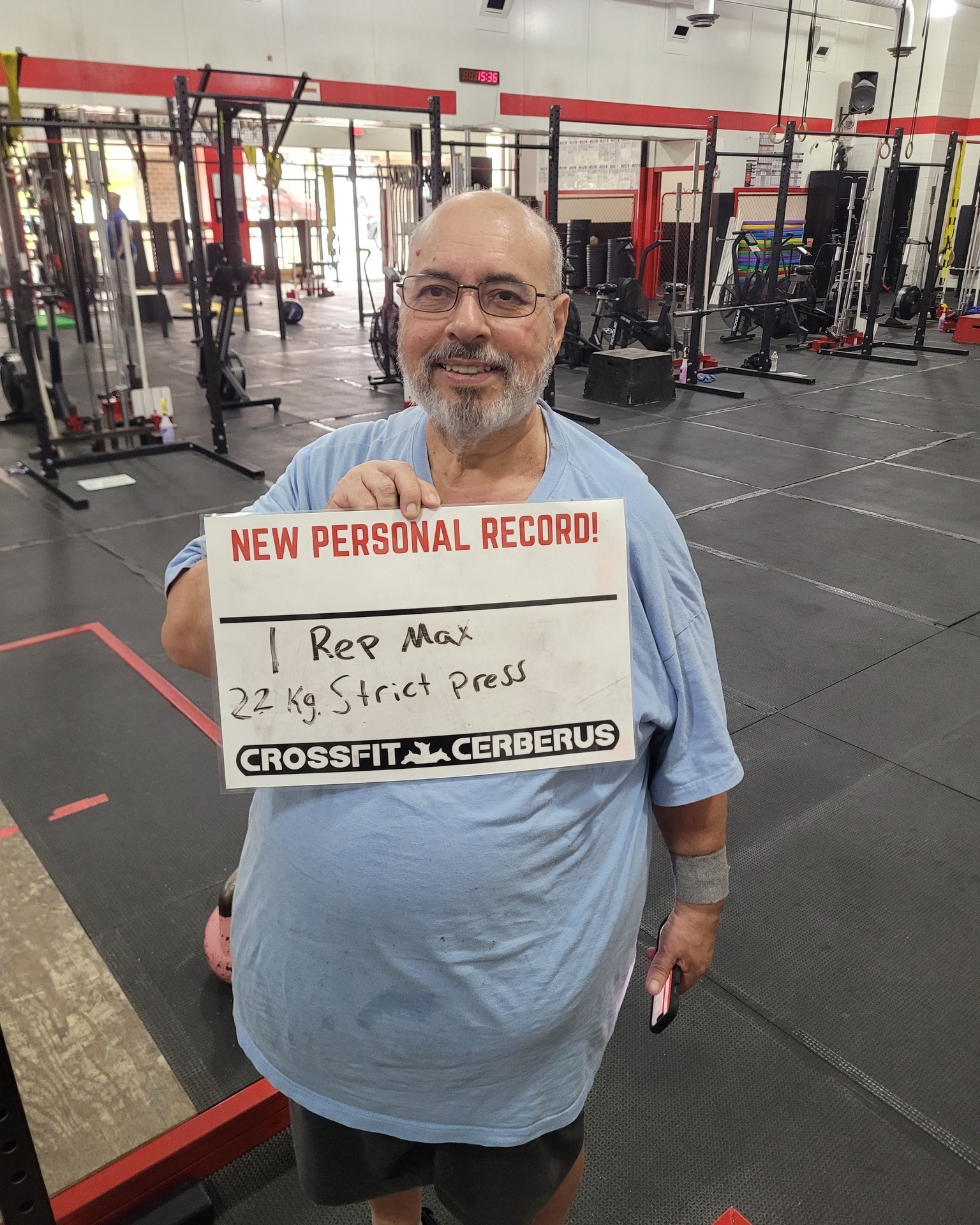Why Late Night Eating May Wreck Your Fat Loss
(Even When You Hit Your Macros)
If you’ve been crushing your macros, training consistently, and still feel stuck, your meal timing might be the missing link.
Many people overlook when they eat, focusing only on how much they eat. But late-night eating can quietly derail fat loss, recovery, hormones, and sleep quality, even if you're hitting your numbers.
Let’s unpack the science behind why eating late at night stalls progress and what you can do instead.
1. Melatonin + Insulin = Don't Mix
Your body runs on a circadian rhythm. As it winds down in the evening, melatonin (your sleep hormone) rises. This is great for rest, but terrible for digestion.
Here’s why: melatonin decreases insulin sensitivity. That means your body isn’t as good at handling carbs at night, leading to higher blood sugar levels and greater fat storage.
Study: Qian et al., 2019 – Cell Reports
Key point: Eating carbohydrates late at night increases the chance they’ll be stored as fat rather than used as fuel.
2. Late Meals Disrupt Sleep Physiology
Eating increases your metabolic rate and body temperature, a normal process known as the thermic effect of food (TEF). But deep, restful sleep requires a drop in core body temp and heart rate.
When you eat too close to bedtime, your body is too “hot” and too active internally for quality sleep.
Sources: Crispim et al., 2011 – Appetite; Wright et al., 2015 – Current Biology
Result: Poor recovery, impaired muscle repair, and elevated stress levels — even after a “healthy” late dinner.
3. Poor Sleep Creates a Hormone Mess
When sleep is disrupted, your hunger hormones go haywire:
- Ghrelin (your "I'm starving" hormone) increases
- Leptin (your "I'm full" hormone) decreases
Study: Spiegel et al., 2004 – PLoS Medicine
This leads to waking up ravenous, craving sugar and carbs, and feeling like your willpower has disappeared. This isn’t a mindset issue, it’s physiology responding to poor sleep.
4. Morning Blood Sugar Spikes After Bad Sleep
Bad sleep doesn't just impact hunger, it also messes with blood sugar regulation.
Research shows that a single night of poor sleep can increase fasting blood glucose by up to 23%, even before you eat anything.
Poor sleep, specifically sleep restriction, can lead to a notable increase in fasting blood glucose levels, with studies showing a rise of up to 23%. This elevation is often linked to insulin resistance, a condition where the body doesn't efficiently use insulin to regulate blood sugar.
Study: Donga et al., 2010 – Journal of Clinical Endocrinology & Metabolism
This creates more cravings, less energy, and a higher chance of storing fat, especially if you try to "push through" the fatigue with coffee and sugar.
5. Cortisol Stays Elevated With Late Eating
Cortisol, your body’s stress hormone, plays a role in digestion. When you eat late, especially meals high in carbs or fat, cortisol remains elevated, interfering with melatonin and delaying sleep onset.
When stressed, the body releases cortisol, which can disrupt normal digestive processes. This can manifest as stomach cramps, inflammation, and an imbalance of gut bacteria. Chronic stress and elevated cortisol levels can also contribute to digestive issues like irritable bowel syndrome (IBS) and leaky gut.
Study: Leproult & Van Cauter, 2010 – Obesity Reviews
Chronic late-night meals = chronically elevated cortisol = central fat storage and disrupted recovery.
6. Light Exposure + Meal Timing = Circadian Chaos
Your body expects food, rest, and light at specific times. When you combine late meals with excess screen time and little morning sun, you confuse your circadian rhythm.
How late meals disrupt the rhythm
- Eating late at night, especially heavy or high-fat meals, keeps your digestive system active when it should be resting and preparing for sleep.
- This can delay sleep onset and disrupt the progression of sleep stages, leaving you feeling tired and sluggish the next day.
- Consuming late meals can also affect hormone release, potentially disrupting the natural secretion of melatonin, a hormone essential for sleep, and increasing cortisol levels, which can lead to heightened stress.
- Some research suggests that eating at the wrong times can lead to weight gain, even without an increase in caloric intake, and can alter how the body processes nutrients.
- Blue light from phones suppresses melatonin
- Lack of morning light delays natural hormonal reset
Source: Harvard Health Publishing, 2020
Your body no longer knows when it’s supposed to sleep, recover, burn fat, or digest food efficiently.
The Cycle That Keeps You Stuck
Even with perfect macros, this pattern creates a loop that’s hard to break:
- Late dinner/snack + Netflix
- Poor sleep
- Hormonal chaos (cortisol, ghrelin, leptin)
- Morning blood sugar spike
- More cravings
- Fat gain — especially around the belly
- Mental fog and low energy
- Repeat...
Break the Cycle — Without Starving or Overhauling Your Life
The solution isn’t to skip dinner or under-eat — it’s about smarter timing and simple habits.
Try this instead:
- Finish your last meal 2–3 hours before bed
- Keep that meal high in protein, moderate in carbs, and lower in fat
- Dim the lights and avoid screens 30–60 minutes before bed
- Get natural sunlight within 30 minutes of waking to reset your circadian rhythm
- Save higher-carb meals for post-workout windows, not before sleep
Key Takeaway
When you eat matters just as much as what you eat.
Eating too late, too heavy, or too often before bed creates a ripple effect on hormones, sleep quality, and fat storage and it adds up, even if you’re “on track” with your food log.
Give your body a clear rhythm. Eat earlier. Sleep deeper. Recover better. Burn more fat.

.png)


.png)
.png)
.png)

